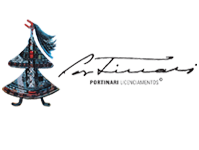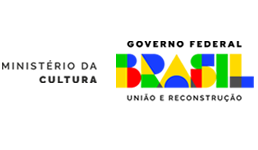General Info
Meeting Portinari through Carlos Leão; Rosalina's mother gives up painting and presents Portinari with her easel, which he will keep for the rest of his life; Portinari's neat and clean studio during the making of the murals "Economic Cycles"; painting apprenticeship with Portinari; Portinari's students at the Universidade do Distrito Federal/UDF; Carlos Leão's career path; the Leão family; Lota de Macedo Soares and Carlos Lacerda; the landscapings at Aterro do Flamengo; her father's death; non-credit student at the UDF; Portinari's temperament; the opportunity to see Portinari painting the murals of the MES building; lends Portinari a hand in the United Nations/UN panels; her portrait by Portinari; contact with the Portinari family; Portinari and Olga; Portinari's work routine; Portinari meets Cacilda Becker; Bianco; work on Portinari's files; Portinari's depression following separation; Portinari's father's illness; Portinari's intellectual friends; UDF is closed down; Capanema; controversy over the MES murals; Magu, Rosalina's sister; card games at Portinari's Cosme Velho home; political issues intervene in the inauguration of the "War" and "Peace" panels in New York; the Itamaraty and the American Government's coolness towards the "War" and "Peace" panels; Jayme de Barros; Portinari ditches the Communist Party; the Communist Party meddles in Portinari's work; forsaking painting; the wartime exhibition of French painting; praise for Portinari's ecleticism; the lack of coherence of the critics; influence of Mexican muralists on Portinari's work; Portinari's aversion to criticism; André Lhote; Joanita Blank; Mário de Andrade; Portinari paints her sister Magu's portrait; Portinari and Burle Marx; Mário Pedrosa's criticism; Portinari's illness.
























































